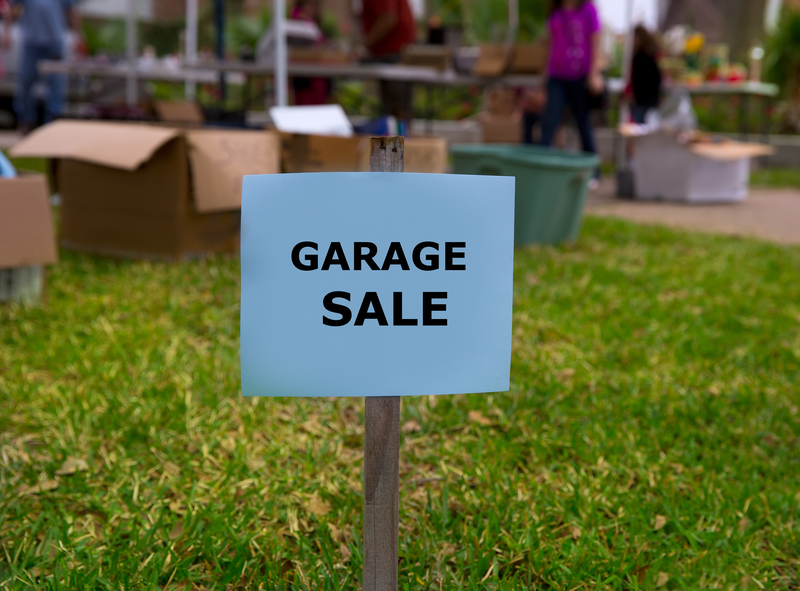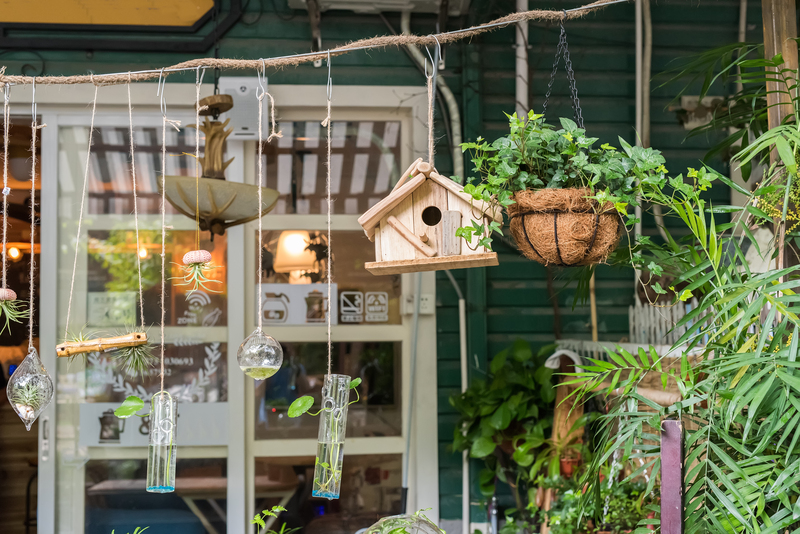A Clear Guide to Skip Hire: What to Do and Avoid
Whether you're planning a big home renovation, clearing out your garden, or managing a construction project, hiring a skip is a practical waste management solution. However, the process can be daunting for first-timers and even seasoned project managers. From choosing the right skip size to disposing of waste responsibly, this skip hire guide will arm you with all the knowledge you need to make informed decisions, save money, and avoid common pitfalls.
Understanding Skip Hire: What Is a Skip?
A skip is a large, open-topped container designed for easy loading and transportation of all types of waste. Skips are most commonly used for:
- Construction and renovation waste
- Garden and yard clearances
- Domestic cleanouts
- Commercial projects
Skips come in a variety of sizes, making them suitable for both small and large-scale waste disposal projects. Companies specialising in skip hire services deliver the skip to your location, collect it once you've filled it, and dispose of the contents in an environmentally responsible manner.

Why Is Skip Hire Necessary?
There are several key benefits to using a skip hire service:
- Convenience: No multiple trips to the local tip or recycling centre.
- Efficiency: Handles large quantities of waste in one go.
- Compliance: Ensures proper waste disposal according to local regulations.
- Cost-effective: Saves time, fuel, and stress.
What to Do When Hiring a Skip
To get the most out of your skip hire, follow these essential steps:
1. Assess Your Waste Type and Volume
The first step in the skip hire process is determining what type of waste you'll be disposing of and how much. Waste can be generally categorized as:
- General household waste, including furniture, plastics, toys, and non-electrical items
- Garden waste, such as soil, grass, branches, and clippings
- Construction and renovation debris, like bricks, tiles, concrete, and wood
- Mixed commercial waste
2. Choose the Correct Skip Size
Skips come in a variety of sizes, from mini skips (2-3 cubic yards) suitable for small domestic clearouts, to builders' skips (6-8 cubic yards), and all the way up to large roll-on-roll-off skips (up to 40 cubic yards) for industrial requirements.
General guidelines to help you choose:
- Mini skips (2-3 yards): Ideal for small garden or home projects
- Midi skips (4-5 yards): Suitable for moderate DIY jobs
- Builder's skips (6-8 yards): Perfect for kitchen or bathroom renovations
- Large skips (12-16 yards): Best for bulky items or large scale clearouts
- Roll-on-roll-off skips (20-40 yards): Intended for commercial and industrial use
3. Obtain the Necessary Permits
If your skip will be placed on a public road or council property, you'll likely need a council permit. Check with your skip hire company as they usually handle permit applications on your behalf for a fee.
- Permits are not required for skips placed on private land or driveways.
- Always ensure your skip is placed legally to avoid fines or removal.
4. Prepare the Drop-Off Location
Make space for your skip. Choose a firm, level surface and clear away obstacles. Consider:
- Access for the delivery truck
- Impact on neighbours and pedestrians
- Weight of the skip when full (avoid weak surfaces)
5. Load the Skip Efficiently
Proper loading saves money and avoids safety issues:
- Break down bulky items to maximize space
- Distribute weight evenly within the skip
- Do not overfill: Material must not exceed the skip's rim
6. Separate Prohibited Waste
Not everything can go into a skip. Common prohibited items include:
- Asbestos
- Batteries and electrical appliances (WEEE)
- Tyres, gas bottles, solvents, or paints
- Medical or hazardous waste
Check your skip hire provider's guidelines for a full list of restricted materials. Disposing of prohibited waste may lead to extra charges or refusal of collection.
What to Avoid When Hiring a Skip
Mistakes in skip hire can cost you time, money, and cause stress. Here are the top things to avoid:
1. Choosing the Wrong Skip Size
It's tempting to save money by opting for a smaller skip, but overfilling can result in:
- Refusal of collection
- Additional charges for excess waste
- Having to hire a second skip
2. Ignoring Permit Requirements
Skipping the permit process if your skip is on a public space can result in substantial fines and forced removal.
- Secure the permit in advance
- Display any necessary day/night markings or lights as required by local council
3. Allowing Unauthorised Waste
Do not dispose of:
- Hazardous chemicals
- Liquids and oil
- Electrical equipment
4. Overfilling or Poorly Loading the Skip
If waste extends above the rim, most skip hire providers will not legally be able to transport it, causing:
- Delays in collection
- Possible reloading fees
- Safety hazards during transit
5. Blocking Access or Causing Obstructions
Place your skip in a way that does not:
- Block driveways, footpaths, or emergency access
- Obstruct other traffic or your neighbours' property
Check with the delivery driver if you're unsure about accessibility.
Tips for Cost-Effective Skip Hire
Keep your skip hire costs down and enjoy a hassle-free experience with these effective tips:
- Book in advance: Prices may rise during busy periods or at short notice.
- Share with neighbours: If you have minimal waste, a skip-share splits the cost.
- Separate recyclables: Some providers offer discounts for sorted waste.
- Avoid holding the skip too long: Most hire periods are up to 2 weeks; late returns can result in extra charges.
- Choose local skip hire: Support local businesses and reduce transport costs.
What Happens to Your Waste After Collection?
After your skip is collected, your waste undergoes several processes:
- Sorting and recycling: Responsible companies separate items for recycling or safe disposal.
- Landfill: Only non-recyclable waste goes to landfill, aiming to minimize environmental impact.
- Compliance: Licensed waste carriers ensure your rubbish is disposed of legally.
Alternatives to Traditional Skip Hire
If traditional skips aren't suitable, other solutions to consider are:
- 'Man and van' rubbish clearance: Labour included, useful for restricted access
- Skip bags: Flexible, ideal for smaller waste loads
- Grab lorries: Perfect for bulky or soil-based waste

Frequently Asked Questions About Skip Hire
How long can I keep a hired skip?
Most standard skip hire periods range from 7 to 14 days. Longer hire may incur additional charges. Discuss your project needs with your skip hire provider.
Can I put a skip on my driveway?
Yes, as long as you have enough space and the surface can handle the weight. Consider potential damage to tarmac or block paving.
What if I need another skip?
Contact your provider as soon as possible. Many companies offer quick exchanges or additional skips if needed.
Are there items that absolutely cannot go in a skip?
Always check with your skip hire company, but typically prohibited items include asbestos, fridges, TV and computer monitors, tyres, batteries, hazardous chemicals, and WEEE waste.
Conclusion: Skip Hire Simplified
A clear guide to skip hire gives you the confidence to manage waste safely, legally, and cost-effectively. By carefully assessing your needs, selecting the right skip, following regulations, and loading your skip responsibly, you'll enjoy a stress-free experience.
Remember to avoid common mistakes like overfilling, ignoring permits, and disposing of restricted waste. Save money by planning ahead and choosing reputable providers that prioritize environmental responsibility.
With these tips, your waste management will be sorted -- letting you focus on the rest of your project with peace of mind!